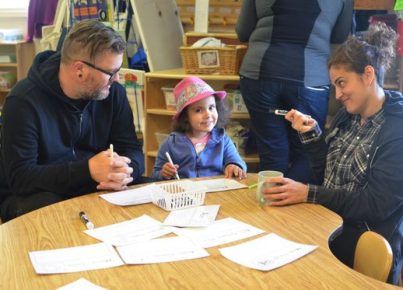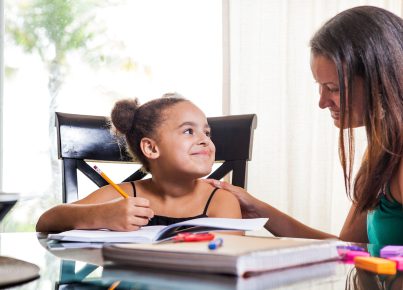Effective communication between parents and teachers is vital to student success. In partnering with one another, parents and teachers can share valuable insights, support each other’s efforts, and create a consistent environment for children both at home and school. Here are some strategy ideas and tips from Teach Starter that can enhance the quality of parent-teacher interactions.
1. Establish Clear Communication Channels: Determine the best methods to reach each other, whether it’s through email, phone calls, social media platforms, or a dedicated school app. Make sure that contact details are up-to-date and easily accessible.
2. Set a Positive Tone Early On: At the beginning of the school year, reach out with a positive message. Let parents know you are excited to have their child in your class and that you look forward to working together.
3. Schedule Regular Updates: Regularly scheduled updates can prevent small issues from becoming larger problems. These can be weekly or monthly newsletters, notes, emails, or even informal check-ins.
4. Be Accessible but Set Boundaries: While it’s important to be approachable for conversations with parents, setting clear boundaries about when and how you can be contacted is crucial for work-life balance.
5. Encourage Two-way Communication: Invite parents to share information about their child that might be helpful for teaching them effectively—such as interests, strengths, challenges, and any pertinent life changes.
6. Offer Multiple Opportunities for Engagement: Not all parents can attend evening or afternoon meetings due to work or other commitments. Offer various options like morning coffee chats or virtual conferences so everyone has the chance to engage.
7. Be Culturally Sensitive: In diverse communities, be aware of cultural differences in communication styles and preferences. Respect these differences in your communication strategy.
8. Provide Clear Expectations and Feedback: Keep parents informed about their child’s progress with clear feedback on assignments and tests as well as behavioural development in school.
9. Address Issues Promptly: If there is a concern regarding a student’s performance or behaviour, reach out to the parents immediately with specifics and possible solutions.
10. Focus on Building Relationships: Like any effective relationship, building trust and understanding with parents takes time and effort from both sides. Invest in this partnership sincerely.
By implementing these strategies, teachers can nurture effective partnerships with parents that ultimately benefit the educational experience of their students. It’s important to keep the lines of dialogue open and work together towards the common goal of supporting children’s growth both academically and personally.





